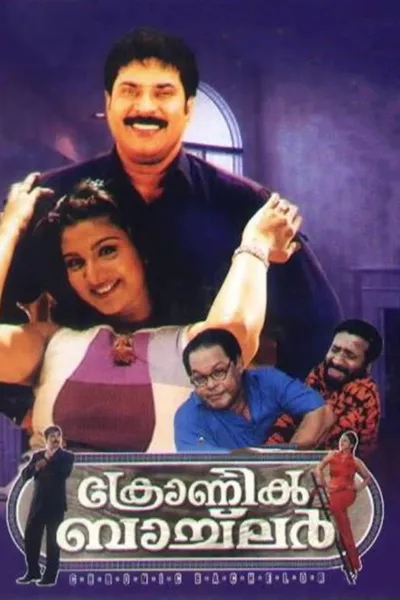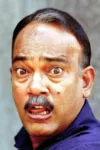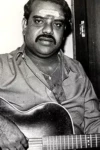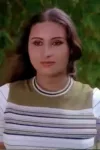Punjabi House (1998)
September 4, 1998Release Date
Plot.
Where to Watch.
Cast & Crew.

Dileep
Unni

Harisree Ashokan
Ramanan

Cochin Haneefa
Gangadharan

Mohini
Pooja

Lal
Sikkandar Singh

Janardhanan
Manninder Singh

Thilakan
Kaimal

Jomol
Sujatha
Media.
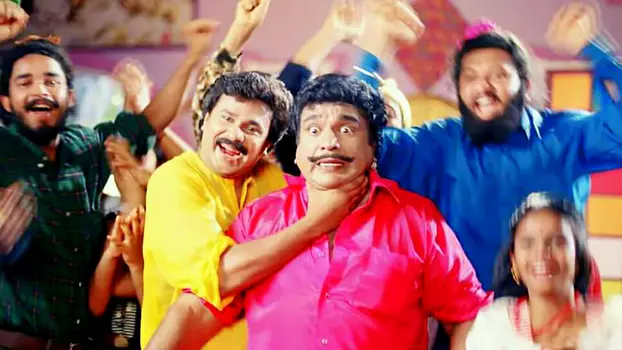
Details.
Release DateSeptember 4, 1998
Original Nameപഞ്ചാബി ഹൗസ്
StatusReleased
Running Time2h 26m
Genres
Last updated:
This Movie Is About.
Wiki.
Punjabi House is a 1998 Indian Malayalam-language comedy drama film written and directed by Rafi Mecartin. It stars Dileep and Harisree Ashokan as Unni and Ramanan with Mohini, Jomol, Lal, Cochin Haneefa, Thilakan, Janardhanan and N. F. Varghese in other pivotal roles. It revolves around Unni, a debt-ridden entrepreneur who attempts suicide by jumping into the sea so that his family can use the insurance money to repay his debts. However, he survives and is rescued by two debt ridden fisherman, who keep him as a servant in the house of a Punjabi family of moneylenders, so that they can repay the sum at a later time.
Development of the script took Rafi-Mecartin almost a year to complete. Rafi-Mecartin's script was based on a real-life incident they had experienced while on a train. Suresh Peters composed Punjabi House's soundtrack, in his Malayalam film debut, while S. P. Venkatesh composed the score. Anandakuttan was its cinematographer. M. B. Valsan and K. P. Hariharaputhran and were the film's art director and editor, respectively. Its principal photography was completed in 55 working days, with 42 days of filming taking place indoors. The film was predominantly filmed in Alappuzha district in Kerala.
Punjabi House was released on 25 September 1998 and was a box office success, completing a 150-day run in theatres. It has over the years acquired cult status in Malayalam cinema and is widely celebrated as one of the most popular Malayalam comedy films ever. The film is considered a landmark film in Dileep's career as the success of the film established him as a bankable lead actor and was his first step towards superstardom. It was also a breakthrough for Harishree Ashokan, whose character of Ramanan has become a popular cinematic figure. It was remade into Telugu as Maa Balaji in 1999, in Kannada with the same title in 2002 and in Hindi as Chup Chup Ke in 2006.
You May Also Like.

Star Wars: The Force Awakens (2015)

John Wick (2014)
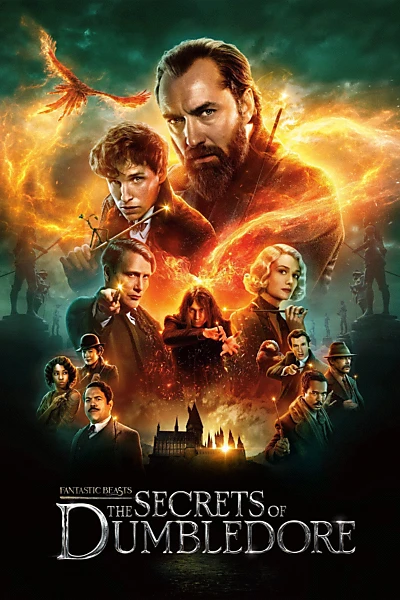
Fantastic Beasts: The Secrets of Dumbledore (2022)

Captain America: The Winter Soldier (2014)
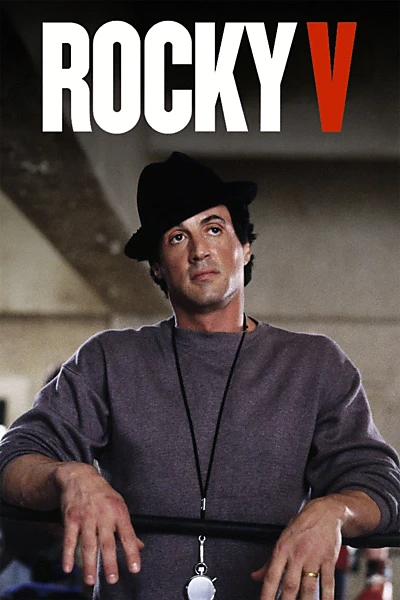
Rocky V (1990)
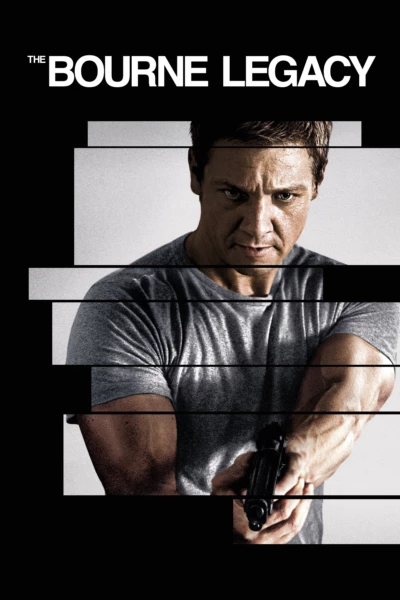
The Bourne Legacy (2012)

Home Alone 4 (2002)
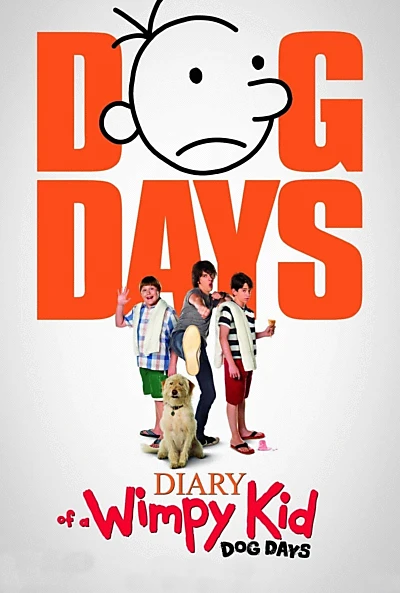
Diary of a Wimpy Kid: Dog Days (2012)

Rurouni Kenshin Part III: The Legend Ends (2014)
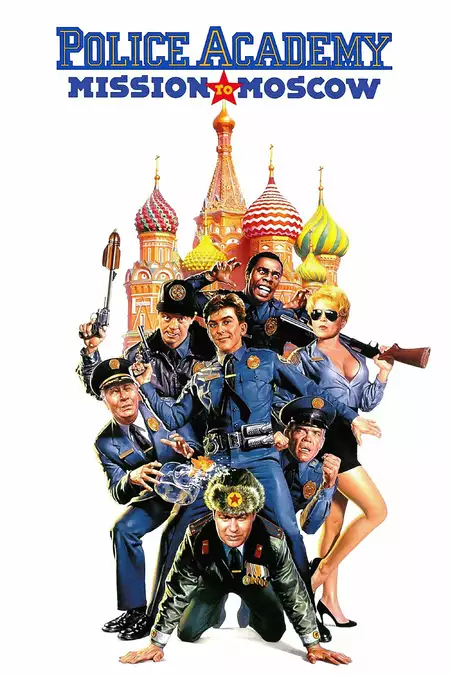
Police Academy: Mission to Moscow (1994)

Charlie St. Cloud (2010)

Walk of Shame (2014)
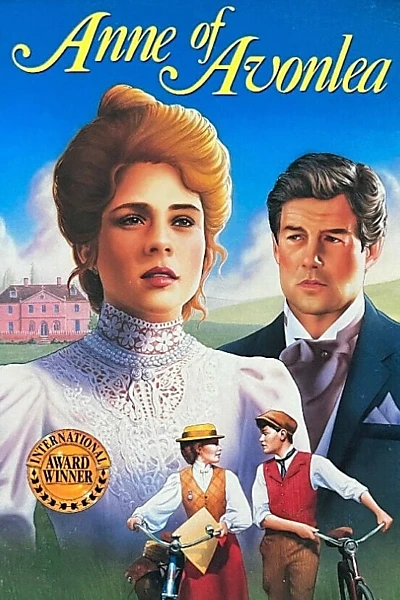
Anne of Green Gables: The Sequel (1987)
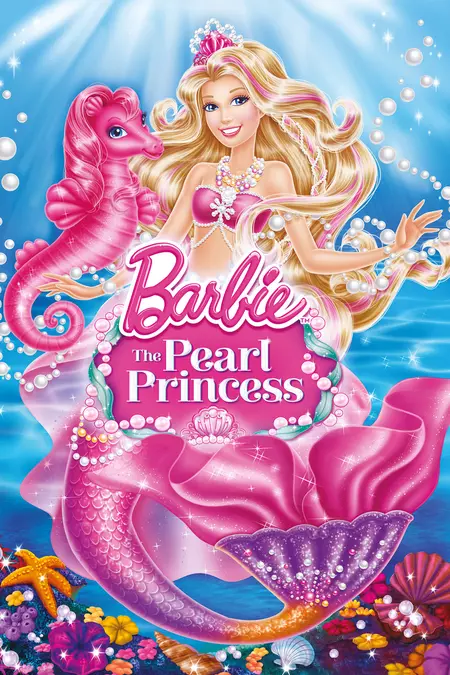
Barbie: The Pearl Princess (2014)

Someone Like You... (2001)
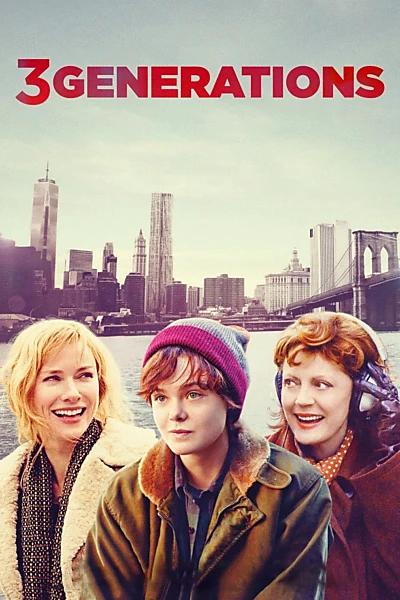
3 Generations (2016)

The First Temptation of Christ (2019)

Jennifer Lopez | All I Have (2016)
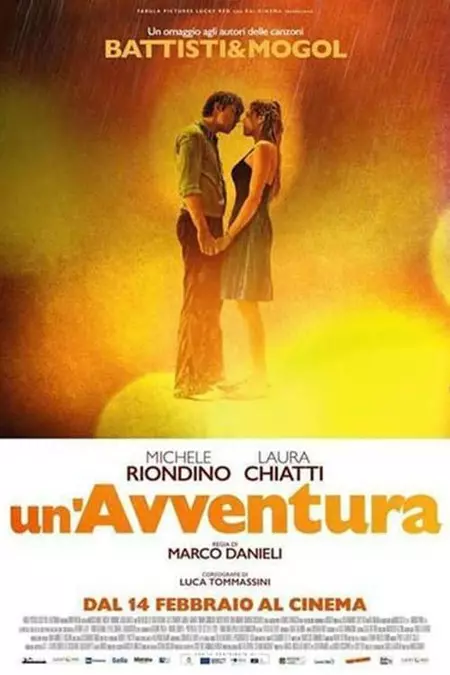
Forever You (2019)
